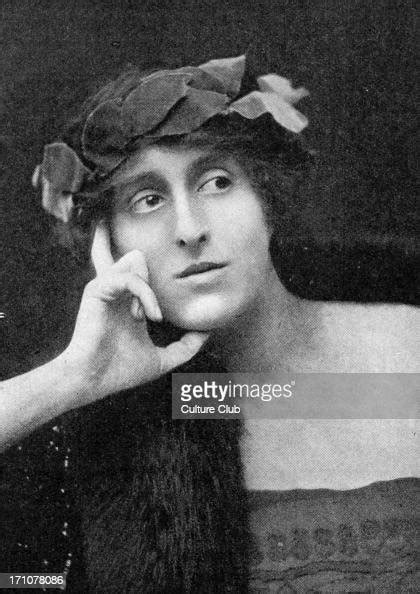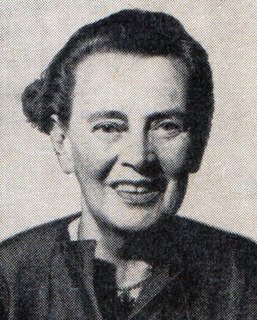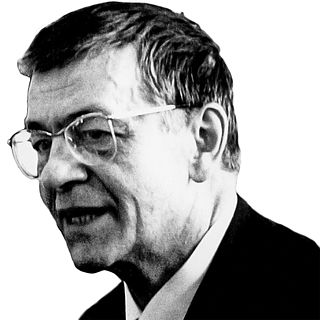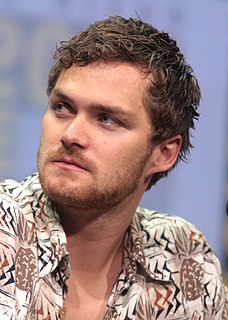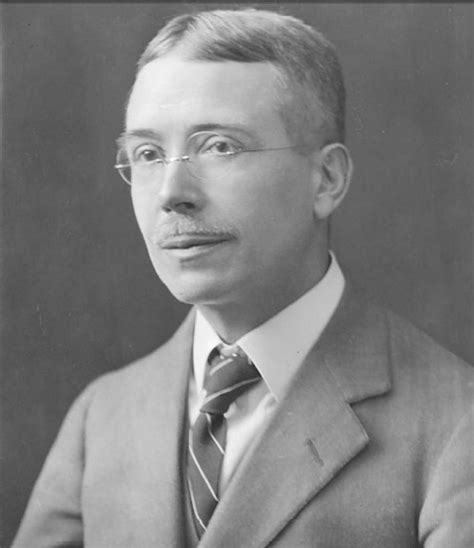A Quote by Steven Spielberg
It starts with the writer-it's a familiar dictum, but somehow it keeps getting forgotten along the way. No film-maker, irrespective of his electronic bag of tricks, can ever afford to forget his commitment to the written word.
Related Quotes
We're all so clogged with dead ideas passed from generation to generation that even the best of us don't know the way out We invented the Revolution but we don't know how to run it Look everyone wants to keep something from the past a souvenir of the old regime This man decides to keep a painting This one keeps his mistress He [ pointing ] keeps his garden He [ pointing ] keeps his estate He keeps his country house He keeps his factories This man couldn't part with his shipyards This one kept his army and that one keeps his king
When we forgive someone, we do not forget the hurtful act, as if forgetting came along with the forgiveness package, the way strings come with a violin. Begin with the basics. If you forget, you will not forgive at all. You can never forgive people for things you have forgotten about. You need to forgive precisely because you have not forgotten what someone did; your memory keeps the pain alive long after the hurt has stopped. Remembering is the storage of pain. It is why you need to be healed in the first place.

